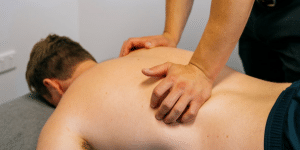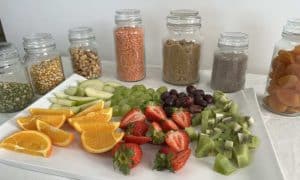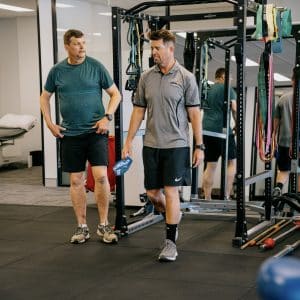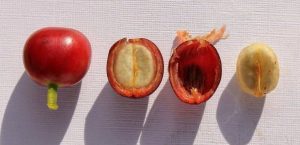The Truth About Sports Drinks
why-sports-drinks-put-your-teeth-at-risk.jpg
The development of sports drinks and the focus on hydration can be traced back to the boom in road running, which began with the New York marathon when
manufacturers of sports shoes, drinks and nutritional supplement industries spotted a growing market.
Companies claimed that sports drinks could ‘prevent and cure dehydration, heat stroke and muscle cramps, and improve performance’
While sports drinks may be helpful for endurance athletes, they have ‘no impact on the performance for ordinary people’.
In 2012 a whole edition of the British Medical Journal reviewed the evidence behind the sports drink claims. The conclusion was: “There is a striking lack
of evidence to support the vast majority of sports-related products that make claims related to enhanced performance or recovery, including drinks,
supplements and footwear.”
Studies suggest that thirst is a more reliable trigger. A meta-analysis of data from cyclists in time trials concluded that relying on thirst to gauge
the need for fluid replacement was the best strategy.
SO WHAT IS THE PROBLEM WITH SPORTS DRINKS?
These drinks provide many extra kilojoules (and salt) that most of us simply don’t need. A single bottle of sports drink (Lucozade Sport) contains the
equivalent of 8 teaspoons of sugar. Sports drinks are not going to turn casual runners into Olympic athletes. On the contrary, one
expert said that if most of us avoided sports drinks we would ‘get thinner and run faster’.
WHEN MAY SPORTS DRINKS BE USEFUL?
Sports drinks MAY be useful if you are an endurance athlete, are completing prolonged exercise at high intensity for more than 90 minutes where muscle
carbohydrate stores (glycogen) are becoming depleted and additional carbohydrate is required for exercise intensity to be maintained. This is because
sports drinks provide a suitable and easy method of ingesting carbohydrate. However, water and carbohydrate snacks can also provide perfectly suitable
carbohydrates to perform this same role.
For everyone else who exercises at high intensity for less than 90 minutes (most of us!) – drink water when you are thirsty!






